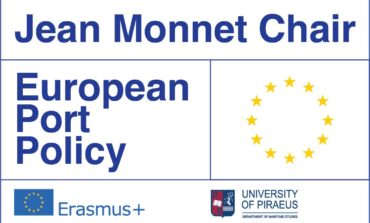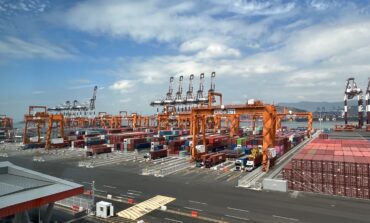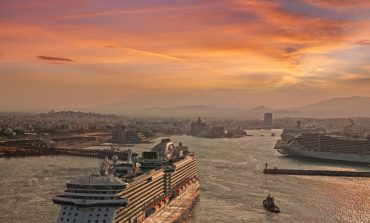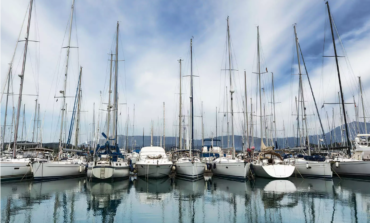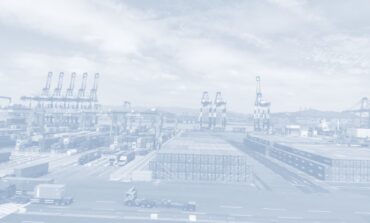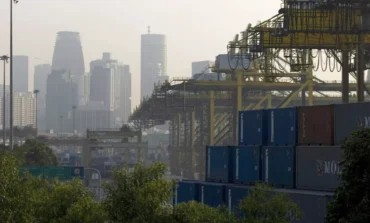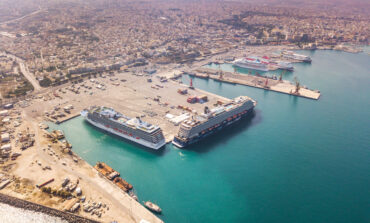
Thanos Pallis
Dr. Thanos Pallis is Professor of Port Economics & Policy & the scientific coordinator of the Jean Monnet Action on European Port Policy at the Department of Shipping, Trade and Transport (STT), University of the Aegean, Greece. He is currently the President of the International Association of Maritime Economists (IAME), and has served as secretary general of MedCruise, the association of cruise ports in the Med. The author of the acclaimed book "European Port Policy", he has an extensive international experience in port policy and economics. Thanos co-directs PortEconomics and is a regular contributor at the work of national governments and international organisation (UNCTAD, OECD, and ESPO, IAPH, and AVIP) shaping the port sector.



